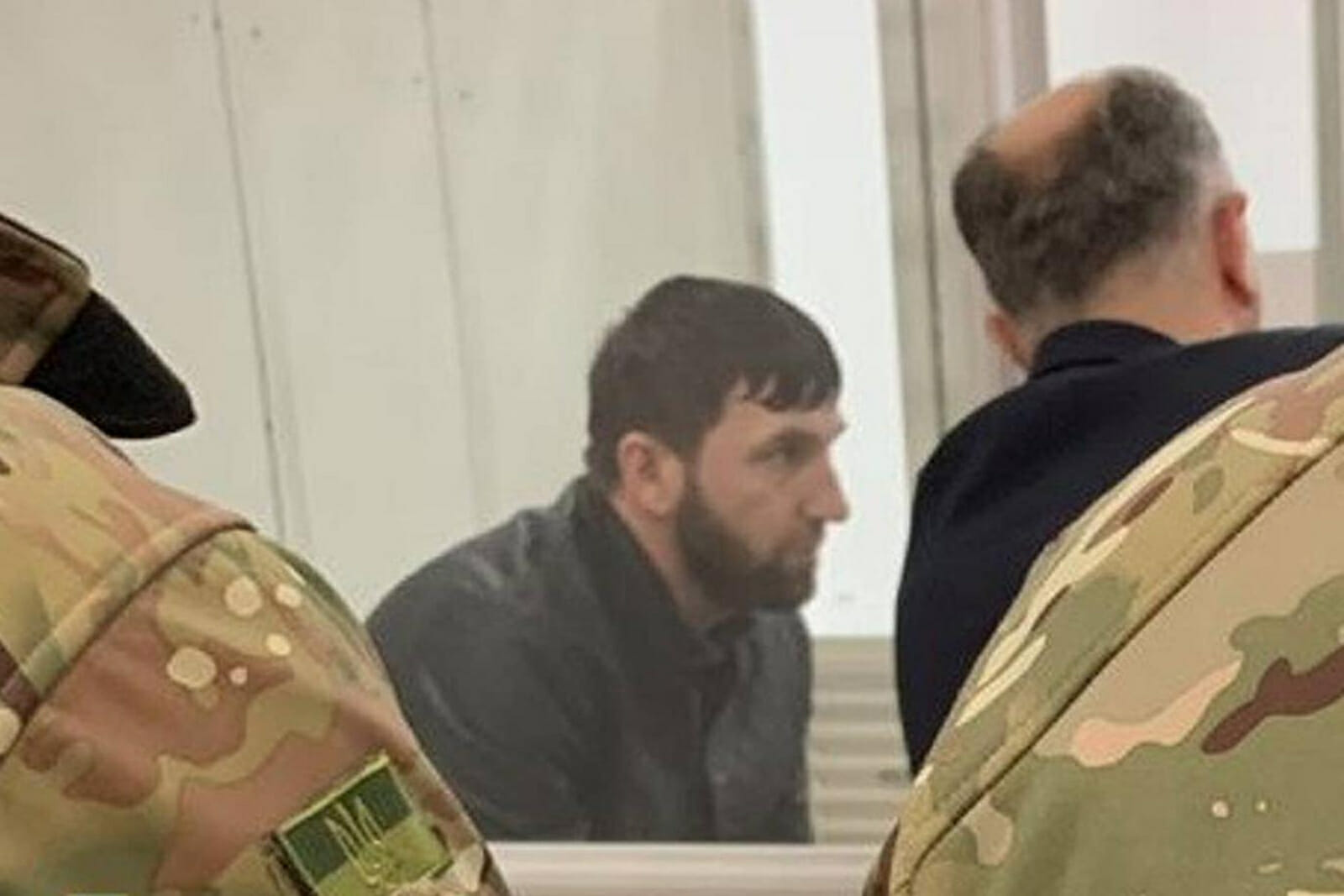
Ukraine – ISIS’ Eastern European Safe Haven
The Syrian civil war is approaching its 10-year anniversary. The conflict, beginning in the spring of 2011 with opposition rallies against President Bashar al-Assad, gradually escalated into a proxy war serving the interests of a number of other countries and involving a variety of non-state actors, including the Islamic State. ISIS’s global network quickly expanded, with the radical Islamist ideology attracting followers from Russia’s North Caucasus, Uzbekistan, Kazakhstan, and other post-Soviet states.
The Syrian civil war brought forward a number of concerns for European countries, mainly an influx of migrants from the war-torn region. Eastern European countries like Ukraine did not appear to be strongly involved. Nevertheless from 2014 through 2018, Ukrainian security services periodically reported the detention of ISIS members. However, the threat within Ukraine was minimal.
Since large-scale military operations to destroy the Islamic State began in Iraq and Syria, militants have been attempting to flee to European countries and create safe havens for themselves and their families. Many of these fighters had chosen to prey on countries with weak systems of external protection and vulnerable internal affairs, most notably, young democracies like Ukraine.
Experts note that among the reasons foreign fighters from Eastern Europe choose Ukraine is a common language (knowledge of Russian), the belief that Ukraine does not extradite foreigners to countries of origin, a neutral attitude towards Muslims, and the ease of obtaining forged documents for movement as a result of high corruption.
However, many of the above claims fall short of factuality. Despite the Ukrainian Security Service officially suspending cooperation with the Russian FSB in 2014 due to the annexation of Crimea, this does not apply to circumstances of extraditions. Regardless of whether one is seeking political asylum or if one is suspected of cooperating with ISIS, Ukrainian law enforcement agencies do not hesitate to launch the process of returning a citizen to their home country. Ukrainian legislation nor international conventions are obstacles to extradition, evident in the cases of Chechen nationals, Timur Tomgoev and Aminat Babaeva. Nevertheless, such precedents do not erase the fact that Ukraine does not have strong anti-terrorism laws which would scare possible candidates away.
The opportunity to pick a destination of choice during the deportation process plays a large role. Since an agreement between the governments of Ukraine and Turkey on the readmission of persons had taken effect, any citizen of a state that has a visa-free regime with Ukraine, once in a migration prison in Turkey, can potentially choose Ukraine as the point of deportation where the local government is obliged to accept them. Citizens who fought for ISIS and other non-governmental armed groups in Syria and Iraq enjoy this same freedom of choice.
It remains unknown how the flow of foreigners arriving in Ukraine through voluntary deportation is controlled and whether such citizens are checked, serving as a significant limitation to Ukrainian national security and intelligence. None of the responsible structures, like the Border Guard and Migration Service of Ukraine were able to provide official figures on the flow of migrants from Turkey to Ukraine. It is quite possible that such control does not exist. Such holes in the systems of border control leave opportunities for criminal groups to get into the country safely, begin the asylum-seeking process, and obtain the right to stay.
As the demand continues to exist, there appears to be suppliers ready to provide forged Ukrainian documents. The fake passport trade is a decade-long problem that has gotten more attention with Ukraine entering the visa-free agreement with the European Union in 2017. Before 2015, getting fake Ukrainian documents was cheap and readily available. After the introduction of biometric passports, the number of illegal schemes dropped significantly. Nevertheless, information from the Independent suggests that there are still several companies operating clandestinely, selling passports for as low as $5,000.
These circumstances pose significant threats to not only national security, but the security of the entire European Union. Most EU countries have opened borders for Ukrainian nationals. While border control guards can easily identify forged documents, “clean” passports can’t be filtered and eliminated.
As of now, this problem remains small scale. But, its rate of development suggests an increase in the arrival of foreign fighters in Ukraine. Such a phenomenon strongly depends on the situation in Syria, as with the deterioration of ISIS’ position on the battlefield.
A reason complicating the path to Europe for former ISIS participants is the Turkish position. Until the beginning of 2016, it was simple to move between Turkey and ISIS territory in Syria. Turkish border guards often ignored those who tried to get behind the barbed wire. The situation changed after the terrorist attack at the Istanbul airport in June 2016. After this incident, the corridor for those wishing to leave ISIS territory has become heavily controlled.
With the militarization of the Turkish border, we can assume that those arriving from the conflict zone to Ukraine after 2016 are not simple fighters. Rather, they are part of a small group with access to enough power and resources enabling them to leave the Islamic State and hide their real identities. This scheme applies to the case of Al Bara Shishani who has been hiding in Ukraine since 2018. Caesar Khozashvili, the real name of the Georgian national, has been the deputy military commander of the Islamic State since 2013. He fled to Turkey and journeyed to Ukraine where he coordinated the activities of the Islamic State’s special operations and surveillance unit. Eventually, he was captured and extradited.
Islamic State militants have been detained in Ukraine more than once. Most of them perceive the state to be a temporary hideout, suitable for transporting people and weapons, and serving as a place to obtain fake documents. 100 One-hundred people linked to terrorist organizations were identified by SSU since 2016. The figures may be surprising as the topic of IS terrorists operating in Ukraine is poorly covered by the media and government in their strategy of silencing the problem.
For now, Ukraine remains only a transit point and a place to hide from persecution, allowing the Ukrainian secret service to believe that it does not threaten the country. Ukraine is not at war anywhere, thus not serving as a country in which ISIS would see it valuable to execute terrorist attacks as part of their agenda. In addition, Ukraine does not want to seem like an unreliable partner or a weak state in which terrorist groups can operate freely, hence why details of the detention of IS members is not strongly advertised.
The problem of Islamist terrorism, which has swept Europe in recent years, is still bypassing Ukraine. Nevertheless, it does not take away from the fact that in order to ensure the sustainability of national security, Ukraine has to increase the sophistication of their border control practices. The ignorance of the Ukrainian authorities enables the rise of terror attacks in not only Ukraine itself, but the European Union.

